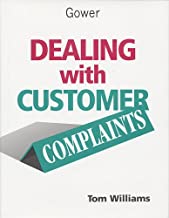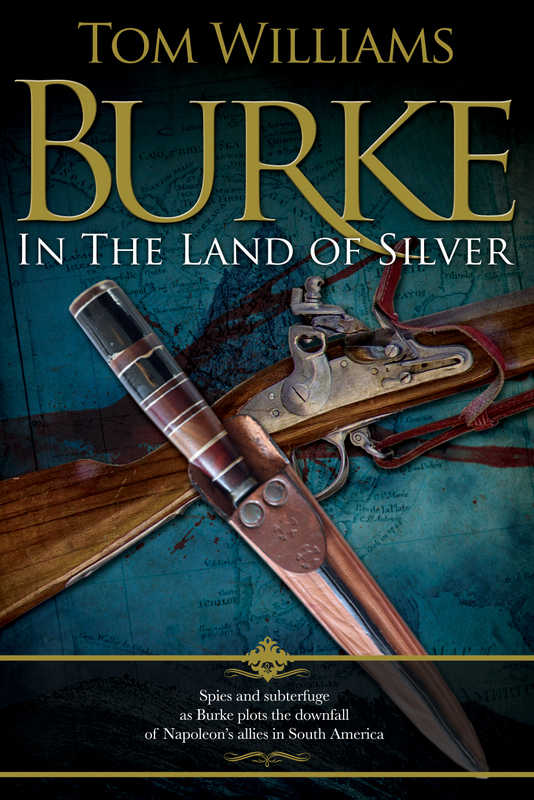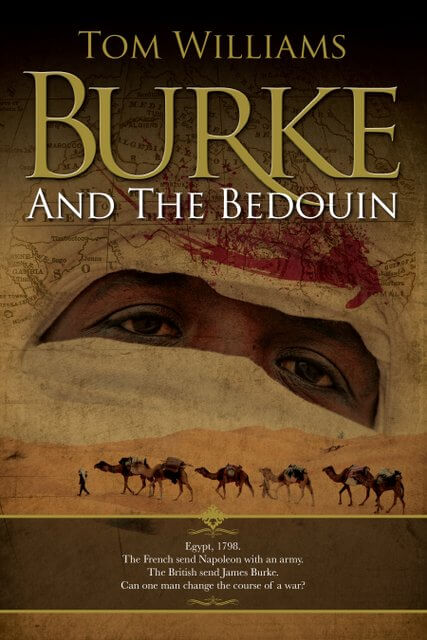I really enjoyed Karen King’s piece last week. She is a consummate professional writer and I wish I had half her energy to write across so many genres. That said, I am not entirely a stranger to writing in different styles myself. In a long career of writing and researching across a range of markets, I have had to learn to write everything from what was essentially boiler-plate text round hundreds of tables of (frankly boring) data to bold selling documents designed to convince advertisers that more pages of tables was the most exciting thing they’d seen in years. Some of them believed it and apparently efforts like my discussion of the readers of children’s comics (even probably including some of the ones Karen wrote for) encouraged a lot of advertisers to take more interest in kiddie print media. I even wrote a ‘proper book’ on complaint handling.

Eventually, though, I produced one too many analyses of the market for paper products in the UK (yes, really) and I gave it all up and started writing fiction.
I had dabbled in fiction before – writing some of those ‘choose your own adventure’ stories that were popular in the 1980s.

My first serious attempt at writing a novel was The White Rajah, first published in 2010. Like many first novels, it desperately wanted to be the Great British Novel and like most first novels it wasn’t. It’s been revised a couple of times since and, though it is still hardly the Great British Novel, I am finally happy with it. It has battles and pirates and lots of traditional adventure, but it is at heart an attempt to look at big moral issues. When James Brooke (a real person) died one commentator wrote:
When his Biography comes to be written, there must be in it, dark chapters as well as bright ones.
The book looks at how somebody who wanted to do good (and often did) was responsible for some horrific acts. Brooke seems to me to symbolise much about the British Empire: it didn’t set out to be evil, but it did a lot of evil things.
The White Rajah was followed by Cawnpore which will be republished later this summer. Cawnpore is also full of moral complexity. On the one hand you have English colonialists: some trying to do their best for India, some who are deeply contemptuous of the native people. On the other hand you have Nana Sahib, hailed nowadays as a hero of the Indian independence movement, but a man who was responsible for a particularly outrageous massacre in 1857.
The John Williamson trilogy finishes with Back Home (also to be republished in 2021). One reviewer complained that John Williamson is revealed as morally weak. Well, of course he is! The whole series is about the moral choices people make and they sometimes get things right and sometimes not so much. Poor John Williamson tries so hard. He really deserves to find some sort of salvation, but you’ll have to read to the very end to discover if he does.
The White Rajah had an agent and was pitched to leading publishers who turned it down. “Too difficult from an unknown author” more or less summed up the feedback. Sales subsequently proved them right – hence the move to a much more traditional style of historical fiction with the Burke books. There are some moral issues there, but they are generally hidden away behind conventional tales of derring-do with a handsome hero, beautiful women and lots of Frenchmen to beat. (We’re in the Napoleonic Wars, so beating the French comes with the territory.)
Clicking on the covers will take you to Amazon. All my books are available in paperback or on Kindle.
Technically both the John Williamson stories and the James Burke adventures are ‘historical fiction’ but they are distinct sub-genres and are written in dramatically different styles.
Eventually the sheer quantity of research that historical fiction requires made me want to take a bit of a break. I had a couple of ideas for fantasy stories – one about black magic and the other featuring vampires. The result was Dark Magic and Something Wicked. Apparently the genre is called Urban Fantasy. (I had to look it up.) It’s not just a different subject matter, but a tighter writing style – and an opportunity to give my dark sense of humour full rein.
Every sort of writing brings different challenges and different rewards, but I’ve enjoyed them all. I can only agree with Karen that challenging yourself to write in unfamiliar genres is always worthwhile.







